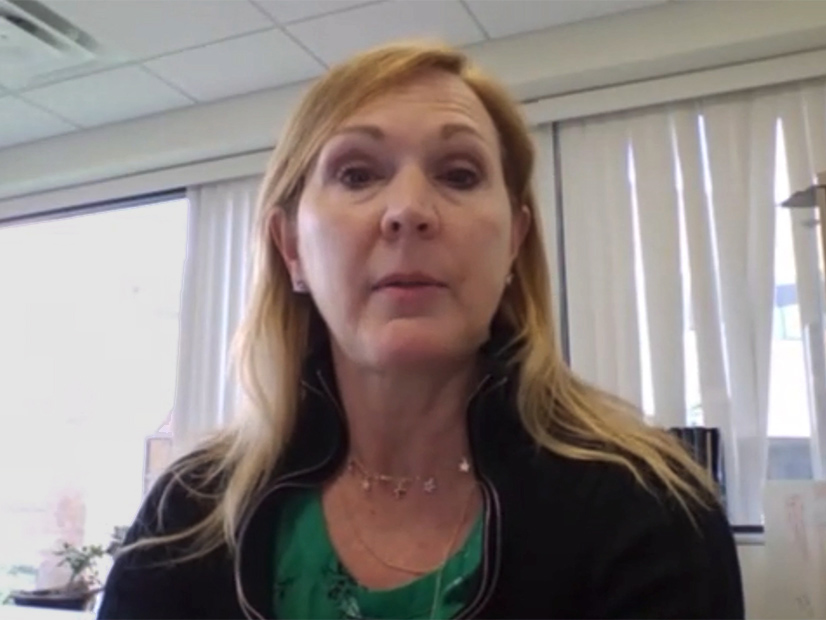Inflation and investments in cybersecurity are likely to continue driving budget increases across the ERO Enterprise for the next several years, staff at NERC’s regional entities warned in a webinar hosted by the ERO’s Finance and Audit Committee on Wednesday.
The webinar was meant to provide more context for NERC and the REs’ draft 2023 business plan and budgets. NERC posted the drafts last Wednesday; the organization is seeking comment on the documents through June 24 and plans to submit the final budgets to its Board of Trustees for approval at its next open meeting in August. (See NERC Plans Big Budget Hike for 2023.)
The draft budgets indicate that the ERO Enterprise’s efforts to reduce the costs of the economic hardships of the COVID-19 pandemic are coming to an end, as NERC predicted when it released the preliminary 2022 budget last year. (See NERC: Post-COVID Budget Rises Likely.) NERC’s planned 13.5% budget increase ($12 million) is its biggest by percentage since 2015, when the creation of the Cybersecurity Risk Information Sharing Program spurred an 18.3% growth. It is also significantly higher than the 7.1% increase from 2021 to 2022.
The REs are all planning budget hikes of their own, ranging from the Texas Reliability Entity’s budget of $17.7 million, up 3.2% from this year, to the Midwest Reliability Organization’s $23 million, up 15% from 2022. NERC also expects to raise its assessment next year, as does every RE except for WECC, which is planning a 17.2% reduction.
Presenters at Wednesday’s webinar included finance heads from every RE, discussing the drivers of their expected budget increases. A common theme was the need for REs to resume investing in needed improvements that many had deferred in recent years to avoid raising assessments and burdening utilities that were themselves struggling with adapting to the pandemic.
 Lam Chung, MRO | NERC
Lam Chung, MRO | NERC“We are sort of working our way back out of that hole that we’ve created for ourselves … in light of the financial and economic situations of the last several years,” said Lam Chung, vice president and engineer for strategy, innovation and finance at MRO.
For many REs, the most significant investment needed is in cyber and physical security. ReliabilityFirst, for example, plans to increase its budget by 6.7%; 48% of this increase consists of security initiatives and salaries for new security personnel.
Texas RE also plans to add an additional full-time-equivalent position in its information technology department, while WECC expects a 12.2% increase in its operating expenses because of costs associated with computer improvements and enterprise security tools. SERC Reliability CFO George Krogstie said his organization is “completing … a multiyear shift from third-party to in-house IT expertise,” which has resulted in “greater autonomy to manage our network.”
Presenters observed that the current rates of inflation — the U.S. Consumer Price Index was near a 40-year high in April, according to The Guardian — also complicates the budget process, with many complaining that even if they continue to hold most meetings virtually, they will likely still have to raise their meeting and travel budgets to keep pace with rising costs. The wave of inflation is also boosting costs of insurance and other services while putting pressure on REs to raise their salary offerings to stay competitive, especially for urgently-needed hires in cybersecurity.
“We have adjusted our merit increase for inflation, [which is] typically 3%; we’ve moved that to 4%. And we also have inflation increases in meetings and travel,” said Carol Baskey, treasurer at ReliabilityFirst. “We [also] have a newer, less experienced staff than in prior years, so there’s more training that we’re going to be taking on as well.”




